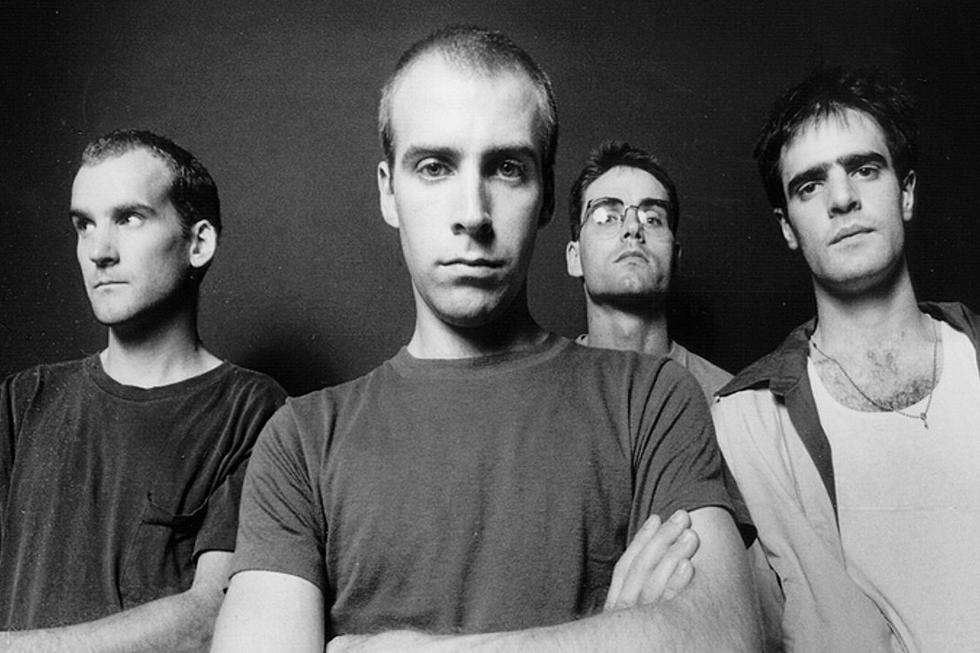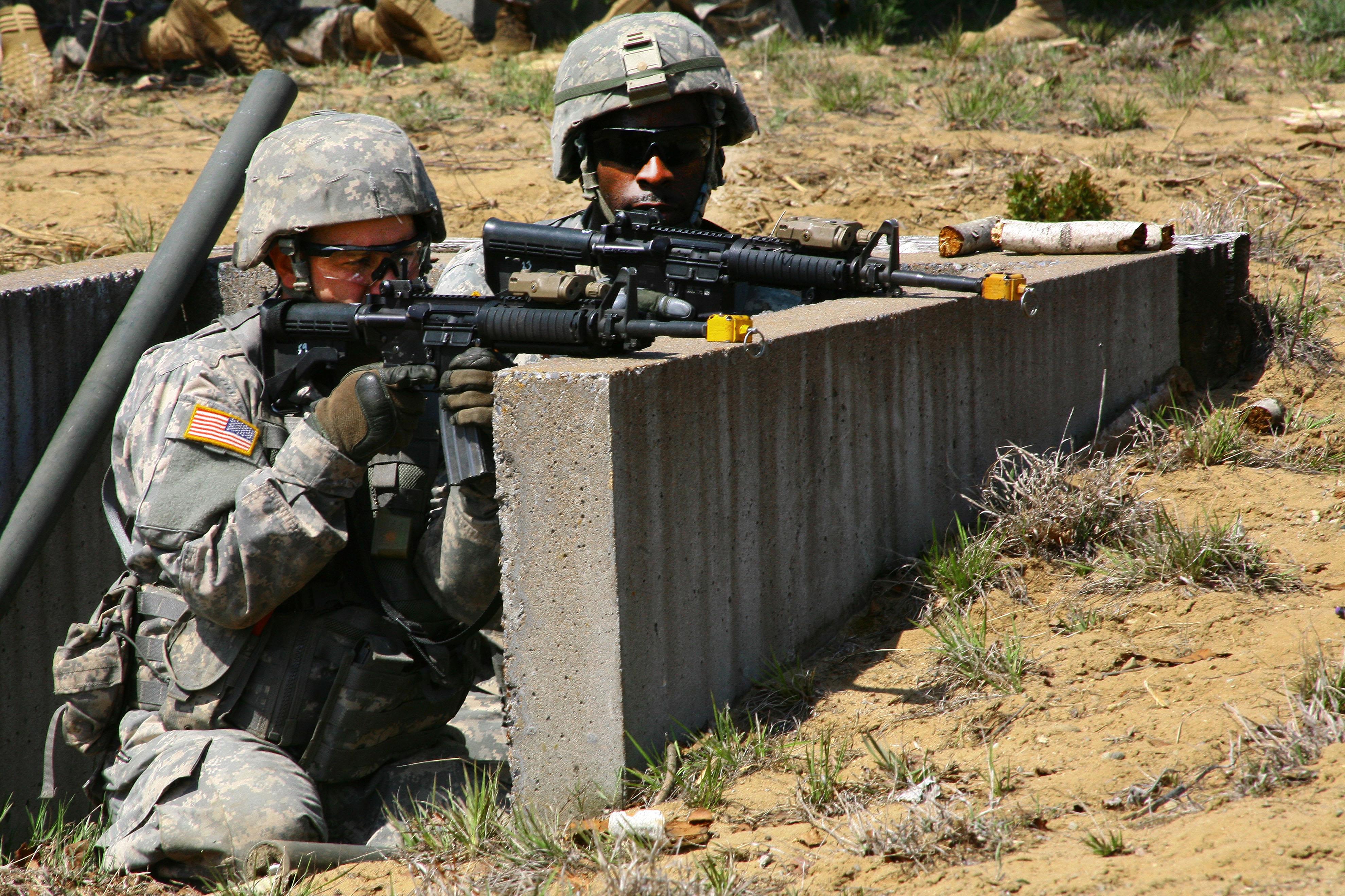[Narrator] Welcome back to the protest music podcast today we’ll be diving into the world of punk….. The song of focus today tackles the issue of the American military mindset and the damage it causes to the individual and the world… That song’s name is The Kill by Fugazi
[The Towers Are Hit] “It’s 8:52 here in New York I’m Bryant Gumbel we understand that there has been a plane crash on the southern tip of Manhattan you’re looking at the World Trade Center we understand that a plane has crashed into the World Trade Center
[Narrator] Just minutes after September 11th, the United States would enter a time of extreme polarization. While the country was left in unified mourning, the Oval Office, led by former President Bush, would use crocodile tears to begin a long-form conflict in Iraq.
https://youtu.be/QmwYNS97EbE?si=tynyPOfkiSUfA4GW&t=12
[Iraq War Begins] “….Operation Iraqi Freedom the attack came in waves. Cruise missiles followed by the f-117 stealth bombers with so-called bunker-busting bombs as their target.”
[Narrator] The terrorist organization, Al Qaeda, responsible for 9/11, would become the face of a national enemy. However, in the punk scene, the real enemy became George Bush and his militarized United States of America. One such enemy Bush made was the band Fugazi.

[Montage of Fugazi songs]
[Narrator] By the time they began recording their Final album in 2001, Fugazi had been making waves in the punk and hardcore scene for over a decade.
[Narrator] As band member, Guy Piccioto said in a Pitchfork interview supporting the new music
[Guy Piccioto] “We’ll go in and record a bunch of stuff and then we’ll take a break from it and work on vocal ideas, and then we’ll go back in and book some more time. On this one, there were a few more installments than normal because we ended up remixing a couple of the songs.”
[Narrator] Yet, on their song The Kill off of The Argument released in 2001, their inward angst started shifting towards outward anger.
“Born Into Race and Nation:
Accept Family and Obligation:
I’m Not a Citizen,
I’m Not A Citizen.”
[Narrator] Within the first few lines of the song lead singer Ian MacKaye positions the listener into the role of a soldier or officer of the United States. The character in question has seemingly chosen to serve their country without hesitation. They have transcended that of a normal citizen and are now a unit of a greater power.
“Embrace tradition and occupation,
Cull memory for assimilation,
Secure for future generations,
Secure for future generations”
[Narrator] Furthering the narrative of an officer’s duty the character challenges themselves to preserve continuity. Now MacKaye is trying to do two things here with storytelling. On one end MacKaye is weaponizing the anecdotal structure of folk as he mentions here
[MacKaye Interview] “But I think the definition of “folk” is music made by the people about their station, writing their songs, and reporting on their condition. That’s what kids were doing. That was it.”

[Narrator] Next MacKaye is perhaps tying a thread to the narrative that military presence whether foreign or in-state is perpetually involved with systemic truths that our Government often avoids. Which is something to be evaluated later on in this episode.
[Narrator] Perhaps a real-life truth MacKaye points towards is the military accumulating anyone and everyone to join the ranks. They are embracing a “tradition”. As author Bovard James states.
[Bovard James] “The biggest costs in the war on terror come from foreign wars. Between late 2001 and 2014, the U.S. government spent roughly $2.6 trillion in Afghanistan, Pakistan, and Iraq—not just for warfare but also for reconstruction, foreign aid, and health care for veterans, according to the Watson Institute for International and Public Affairs at Brown University.
[Narrator] To put that into perspective the United States put 3+ trillion dollars into war spending post 9/11 in 2000 when Fugazi was recording their album the budget was around 320 billion dollars. Said budget is reflective of the idea of the existence of the recruitment system present in the song.
[Narrator] The narrator then leads us further into his mind. Waiting for the call from their Government they feel at ease with their uniform. With the education they’ve received to shoot first and ask questions later they sit in a bunker.
[Narrator] Not unlike what the NBC news writers Safia Samee Ali and Halimah Abdullah cite in their piece.
[Ali and Abdullah] “My goal has always been to combat terrorism and keep Americans safe while upholding the Constitution,” Feingold told NBC News in a statement. “Instead of prioritizing global terror threats, I knew that the PATRIOT Act was hastily written to infringe upon the privacy and civil liberties of the very citizens it should protect. The facts have borne that out over the years.”
[Narrator] For those that are unaware the Patriot Act was devised as a way to spy on potential terrorists in the United States, but it was abused by the Government.
“Laying down in chambersWaiting for the call,Seen your kind so many timesYou got no chance at all”
[Narrator] The character MacKaye writes about has become a product of war. The soldier waits for their purpose because they choose to believe in the great or good of all their actions. No Matter how brutal. The brutality that often is born from racist and anti-religious ideologies which are noted at the end of the song.
“Laid out, immobileHoping for that call,It’s in my mouth, under my skinSodium Pentathol.”
[Narrator] As the song ends perhaps the truest nature of the soldier is revealed. Although they may be a part of something bigger when it comes to the U.S. military, he is as problematic as the nation they serve. He kills other “kinds” and acknowledges they are underpowered. There is also a sense of superiority and joy in their ability to do such a thing. Finally, as the soldiers lay down in the caves once more they wait for a call they ingest themselves with sodium pentathol a chemical used in lethal injection.
[Narrator] The Kill is a song that runs deep. Ian MacKaye’s angsty and direct lyrics bring about a protest against the establishment of war and the often morally questionable figures that enlist to fight for the cause. As Fugazi embarked on their last tour supporting their album the argument The Kill often had a more sorrowful live performance as it came off the heels of September 11th and the invasion of Iraq.
[Narrator] Of course the legacy of The Kill and subsequently Fugazi’s career would come to an end in the year 2002. Once the band completed their tour for The Argument, they would go into a hiatus that is still occurring to this day. However, the ever-present critiques of war recorded over 20 years ago still feel as eerily important now as they did then. Maybe now it should be the time to stop the military from bringing excess grief to families, especially with all of the conflicts now happening overseas. However, Ian MacKaye and Fugazi will always remain a staple in the punk scene and honest lyricists.

Leave a Reply